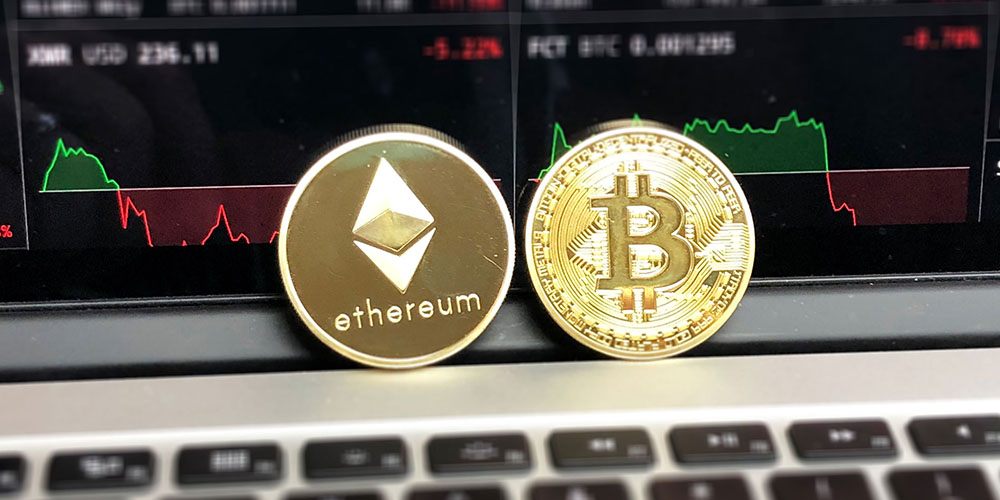Doing business with cryptocurrency

Cryptocurrency, also known as digital currency, was put firmly on the map in 2017 with the Bitcoin boom grabbing attention across the globe.
Cryptocurrencies, which include Bitcoin, Ethereum and Litecoin among many others, are digital assets using cryptography to secure their transactions, the control and creation of additional units – also known as 'mining' – and to verify the transfer of assets. Cryptocurrencies use decentralised control through a blockchain – a continuously growing list of records secured by cryptography – as opposed to centralised electronic money or central banking systems.
The growth in cryptocurrencies has led to more businesses accepting payment via cryptocurrencies. It's important that if you choose to make or take payment in cryptocurrency, you understand the tax implications for your business.
ATO treatment of cryptocurrencies
While most cryptocurrency transactions involve the exchange or trading of cryptocurrencies, using cryptocurrencies in the payment of goods or services is on the rise. If you are accepting, or are planning to accept, cryptocurrency as payment, you need to be aware of the tax implications.
The ATO views cryptocurrencies as neither money nor Australian or foreign currency. Instead, digital currency is viewed as property and an asset for capital gains tax (CGT) purposes.
Sales and purchases of cryptocurrency are not subjected to GST from 1 July 2017. However, if you or your customers are using digital currencies to purchase goods or services, normal GST rules apply.
Using cryptocurrency in business transactions
If you receive cryptocurrency for goods or services you provide as part of your business, you need to include the value of the cryptocurrency in Australian dollars as part of your ordinary income. This is the same process as receiving any other non-cash consideration under a barter transaction.
If you make a taxable sale of goods for which you received digital currency as a payment, you are required to remit GST – 1/11 of the payment received for that taxable sale. The amount of GST you remit and report on your activity statement has to be an amount of money in Australian dollars.
One way of determining the value in Australian dollars is the fair market value which can be obtained from a reputable cryptocurrency exchange.

Record-keeping
Keep the following records in relation to your cryptocurrency transactions:
- the date of the transactions
- the value of the cryptocurrency in Australian dollars at the time of the transaction
- what the transaction was for and who the other party was (even if it’s just their cryptocurrency address)
Paying salaries or wages in cryptocurrency
If you have an employee with a valid salary sacrifice arrangement to receive cryptocurrency as remuneration instead of Australian dollars, the payment of the cryptocurrency is a fringe benefit and you as the employer are subject to the provisions of the Fringe Benefits Tax Assessment Act 1986.
In the absence of a valid salary sacrifice agreement (for example, where your employee requests that salary or wages they have already earned be paid as cryptocurrency instead), the employee is considered to have derived their normal salary or wages and you will need to meet your Pay as You Go (PAYG) obligations on the Australian dollar value of the cryptocurrency you pay to the employee.
For further information, please see the ATO website: